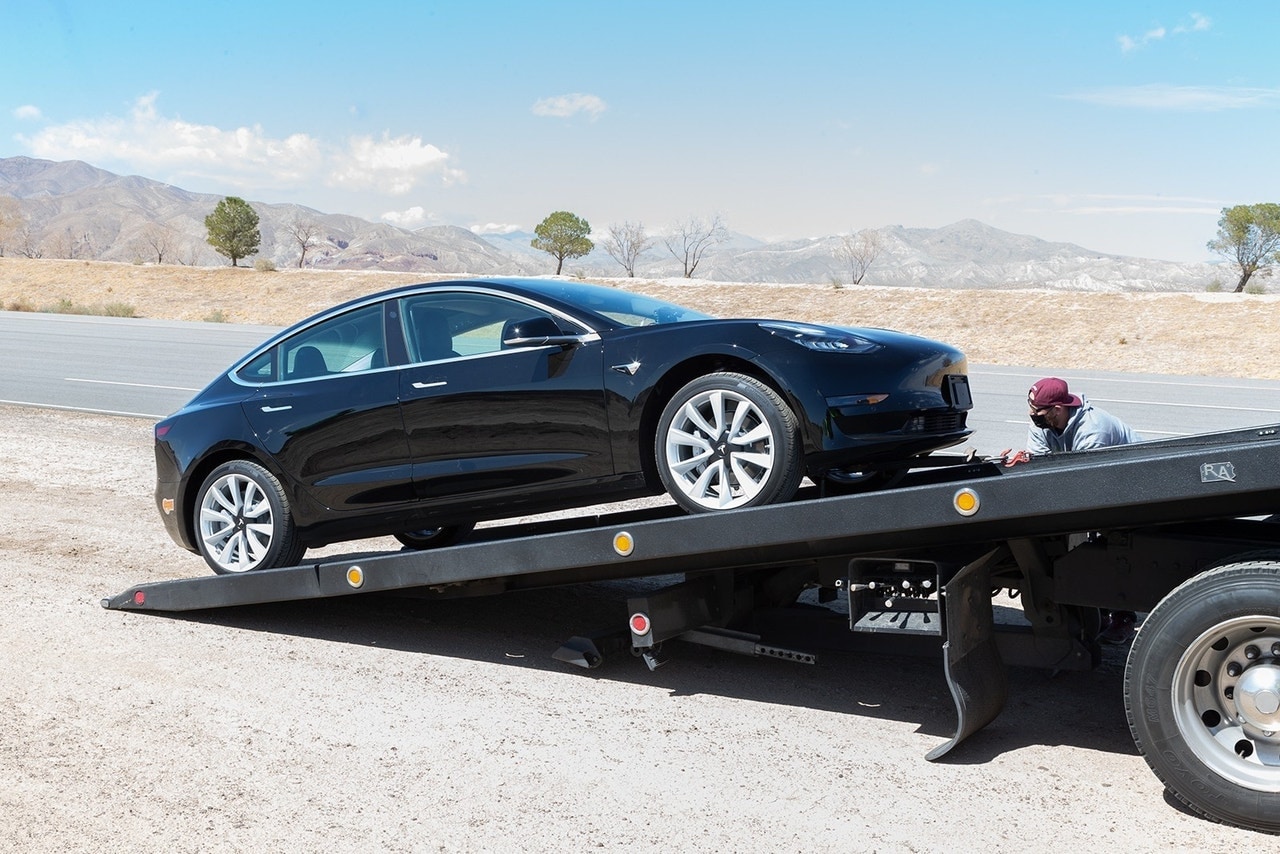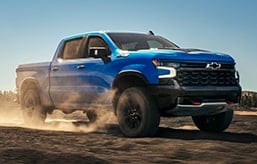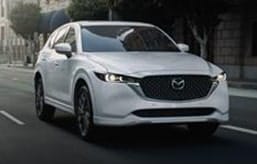- The Department of Justice has subpoenaed Tesla over range claims, the Full Self-Driving feature suite, and more.
- This follows a Reuters report from a few months ago that detailed how Tesla stymied customers concerned about their vehicles' range.
- Most EVs surpass EPA range estimates in real life, but Edmunds has never tested a Tesla that has hit its EPA estimate.
The Department of Justice Is Probing Tesla's Range and Autopilot Claims
Probe comes on the heels of report detailing how Tesla gaslit its customers
The U.S. Department of Justice has issued subpoenas to Tesla as it investigates the automaker's electric vehicle range claims, Full Self-Driving software and more, Tesla noted in a financial disclosure filed to the Securities and Exchange Commision.
Tesla's third-quarter 10Q report notes "[...] the Company has received requests for information, including subpoenas, from the DOJ. These have included requests for documents related to Tesla’s Autopilot and FSD features. Additionally, the Company has received requests for information, including subpoenas from the DOJ, regarding certain matters associated with personal benefits, related parties, vehicle range and personnel decisions. To our knowledge no government agency in any ongoing investigation has concluded that any wrongdoing occurred."
The revelation that the Department of Justice is investiagting Tesla's range claims comes a few months after Reuters reported that Tesla knew about its customers' range complaints and developed a special internal unit dedicated to canceling service appointments and trying to convince owners that there was nothing wrong with their cars. Edmunds also published a comprehensive analysis detailing how we've range-tested multiple Teslas over the years (including the Model S and Model 3) and none have ever met their EPA range figures.
Am I Ready for an EV?
- EV ownership works best if you can charge at home (240V outlet)
- Adding a home charging system is estimated to cost $1,616 in
- Edmunds is partnering with Treehouse, an independent provider of home EV installation services. Learn more about the installation services partnership
Edmunds says
We hope that the DoJ probe eventually results in Tesla owners being more satisfied with their vehicles, and more open communication between Tesla and its customers.



 by
by